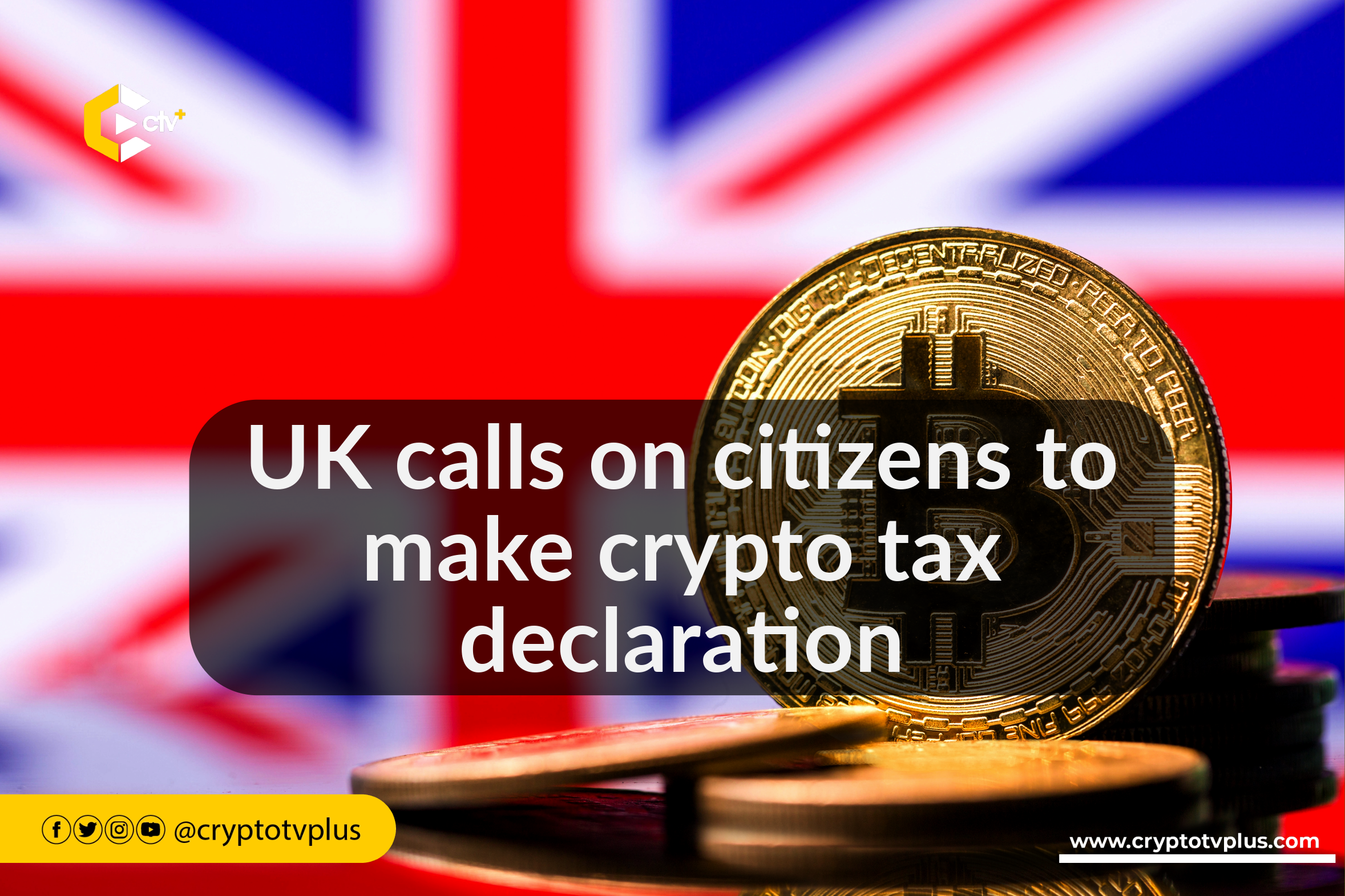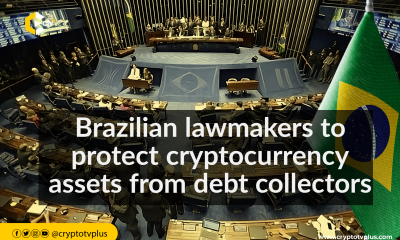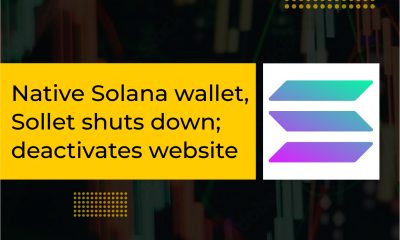News
UK calls on citizens to make crypto tax declaration

To address the growing concerns surrounding unpaid taxes on crypto assets, the UK government via the HM Revenue & Customs (HMRC), has issued a call for individuals to make voluntary disclosures. This initiative applies to those with income or gains from cryptoassets, including exchange tokens, NFTs, and utility tokens.
HM Revenue & Customs (HMRC) is a non-ministerial department of the UK government responsible for collecting taxes, paying some forms of state support, administering other regulatory regimes, and issuing national insurance numbers.
It was formed by the merger of the Inland Revenue and HM Customs and Excise in 2005. HMRC plays a vital role in collecting the money that pays for the UK’s public services and helps families and individuals with targeted financial support.
It is responsible for enforcing taxes, administering tax regulations, and ensuring compliance with tax laws. HMRC provides a range of services, including Self Assessment, PAYE for employers, VAT, and other tax-related services.
Penalties for failure to declare
HMRC said that individuals who fail to declare their unpaid tax may be subject to additional interest and penalties. To facilitate this process, HMRC provides a service for users to report their undisclosed tax on crypto assets. However, failure to declare income or gains from the current or previous tax year should be done through the self-assessment tax return.
It gave full guidelines on how to make the declaration on its website. To initiate a voluntary disclosure, individuals must have a Government Gateway user ID and password.
The process involves collecting information about the crypto assets in question, determining the years for which tax needs to be disclosed, calculating Capital Gains Tax and Income Tax, and assessing any interest and penalties.
UK and crypto
Throughout 2023, the UK has taken significant steps to address crypto tax evasion and regulate cryptocurrency transactions. The UK has led an international crackdown on crypto tax evaders, agreeing to a joint statement with 48 countries to combat criminals using crypto-assets to evade and avoid billions in missing tax.
The Crypto-Asset Reporting Framework (CARF), spearheaded by the UK, is the OECD’s latest flagship tax transparency standard, requiring crypto platforms to share taxpayer information with tax authorities to enforce tax compliance.
Additionally, the current move by HMRC reveals the UK’s leadership in global tax transparency and reporting standards, as well as its efforts to combat offshore crypto tax evasion, demonstrates a commitment to closing the gap in the global tax system and recouping lost revenue from crypto tax non-compliance.
Read also; Nigeria joins 17 other nations to adopt UK-developed AI guidelines

















1 Comment